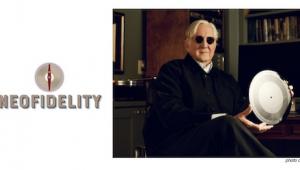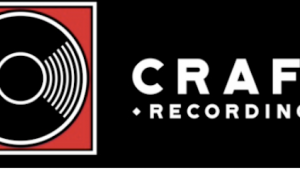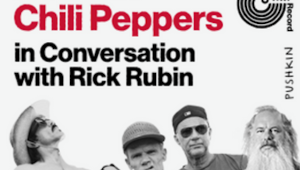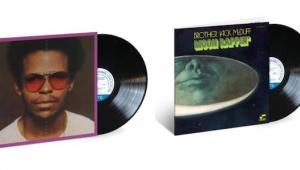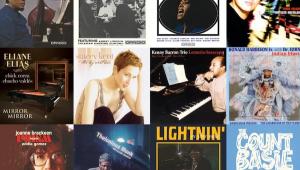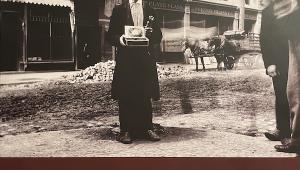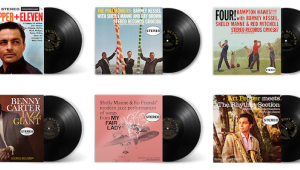I was really trying to cut down on my record spending but these are some mighty fine discs. My dismay is leavened somewhat by the realization that I already have originals of the three most tempting ones: Tutu (no bad-sounding versions exist, as far as I can tell), Candy-O (ditto) and Change of the Century. For those of you who don't have that last one, just pony up the forty bucks. It's a tasty mixture of Ornette's playfulness/weirdness with finger-snapping tunes. And of course it features the riff which Ian Dury later borrowed for Sex and Drugs and Rock and Roll.
Rhino Hi-Fi Takes 2024 by Analog Storm With a Slate of Six New AAA 180g 1LP Rock and Jazz Releases Through April 5
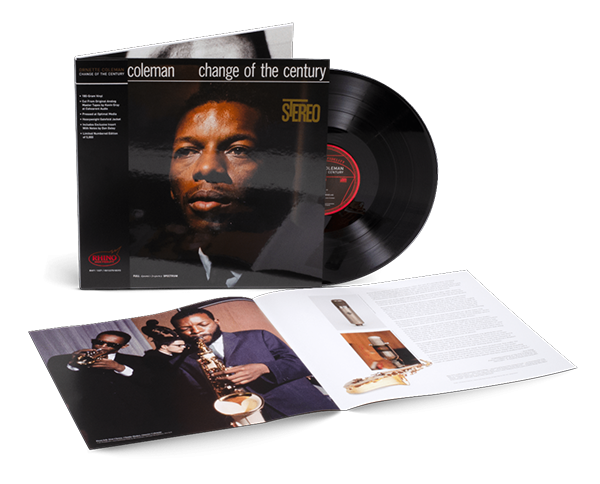
Rhino High Fidelity (a.k.a. Rhino Hi-Fi) is tackling the first quarter of 2024 head on by serving up a half-dozen new AAA 180g 1LP offerings in their acclaimed series of limited-edition vinyl reissues.
To meet that stated 2024 Q1 goal, Rhino is releasing two Hi-Fi LPs at a time — and they already started things off on January 12 with a) Ornette Coleman’s May 1960 Atlantic effort Change of the Century (as seen above, at the top of this story), and b) Television’s seminal February 1977 Elektra debut, Marquee Moon.
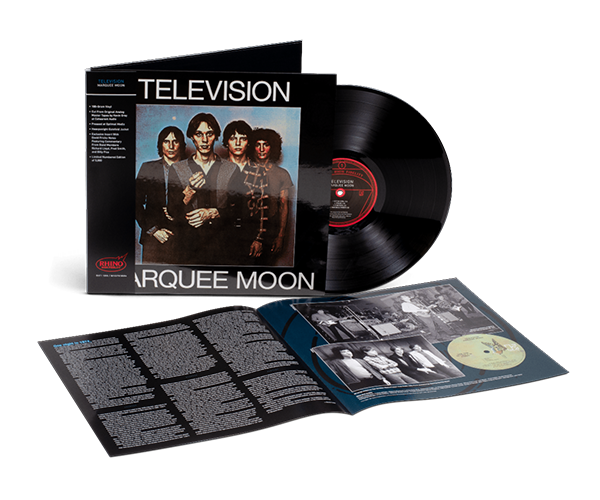
Next up in the Hi-Fi series on March 8 comes The Cars’ June 1979 sophomore Elektra effort Candy-O and the Grateful Dead’s November 1970 Warner Bros. opus American Beauty, while jazz takes center stage on April 5 with John Coltrane’s November 1961 Atlantic classic Olé Coltrane and Miles Davis’ September 1986 Warner Bros. label debut, Tutu.
All six of these LPs will be available exclusively at Rhino.com (and internationally, at select WMG stores). Each release is limited to 5,000 individually numbered copies, and their respective SRPs are $39.98. As of this posting, you can order both the Coleman and Television LP sets right here. Pre-order options for the subsequent four AAA LP titles that are coming in March and April will be forthcoming, so check back on that link accordingly.
As per Rhino, all album lacquers in the Hi-Fi series are AAA cut directly from the original stereo master tapes by Kevin Gray, while Optimal handles the 180g vinyl pressings. Each Rhino High Fidelity release comes replete with glossy covers and tip-on jackets that are (in Rhino’s phraseology) “reminiscent of vinyl’s golden age,” and they also come with exclusive content about the album at hand, including rare photos and behind-the-scenes stories.
As you may recall, back on November 17, we highlighted a pair of Seventies classics making their Hi-Fi series debut — The Doobie Brothers’ March 1973 career-defining The Captain and Me and Herbie Hancock’s May 1972 forward-thinking effort, Crossings. Four other releases currently available in the Hi-Fi series include Jaco Pastorius’ July 1981 Warner Bros. landmark Word of Mouth, The Cars’ self-titled June 1978 Elektra debut The Cars, Van Morrison’s November 1970 Warner Bros. classic His Band and The Street Choir, and John Coltrane’s July 1964 Atlantic composite, Coltrane’s Sound. (As of this posting, all six of these titles are still available for purchase.)
Since we’ve already reviewed Television’s quite excellent AAA Marquee Moon back on February 9, here are some additional stats for the other five AAAs in this round of Rhino Hi-Fi releases — mostly culled from Rhino-team provided info, albeit with a few AP mods included, plus their respective tracklistings.
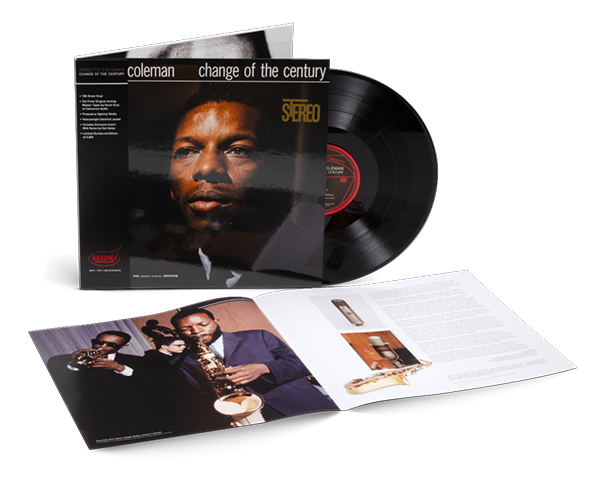
Released in May 1960, saxophonist Ornette Coleman’s Change of the Century is an avant-garde masterpiece, showcasing his innovative free-jazz approach. The unconventional improvisations, lack of a traditional chordal structure, an interplay among the musicians mark a pivotal moment in the evolution of jazz. This Rhino Hi-Fi release features an exclusive insert with notes by journalist Dan Daley.
ORNETTE COLEMAN
CHANGE OF THE CENTURY
180g 1LP (Rhino/Atlantic)
Side One
1. Ramblin’
2. Free
3. The Face Of The Bass
Side Two
1. Forerunner
2. Bird Food
3. Una Muy Bonita
4. Change Of The Century
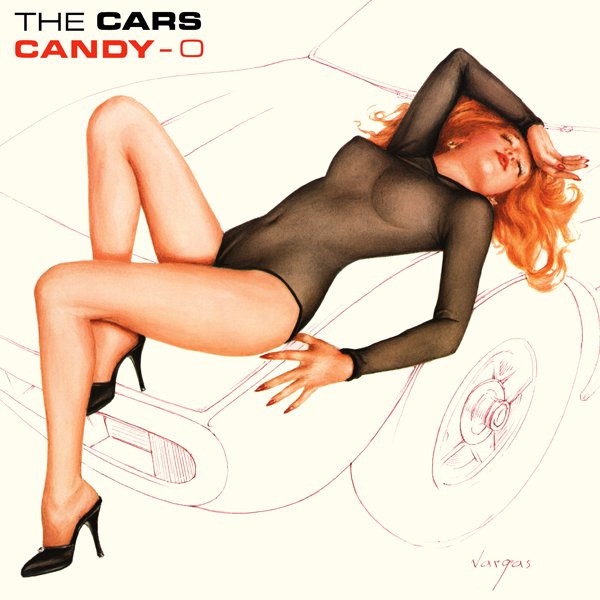
The Cars’ second album, June 1979’s Candy-O, helped infuse the new wave sound in 1979 with polished pop hooks, catchy melodies, and the sleek production of Roy Thomas Baker. Instantly recognizable by its iconic Alberto Vargas cover, Candy-O introduced big hits like “Let’s Go” and “It’s All I Can Do,” propelling the album to No. 3 on the Billboard 200.
THE CARS
CANDY-O
180g 1LP (Rhino/Elektra)
Side One
1. Let’s Go
2. Since I Held You
3. It’s All I Can Do
4. Double Life
5. Shoo Be Doo
6. Candy-O
Side Two
1. Night Spots
2. You Can’t Hold On Too Long
3. Lust For Kicks
4. Got A Lot On My Head
5. Dangerous Type
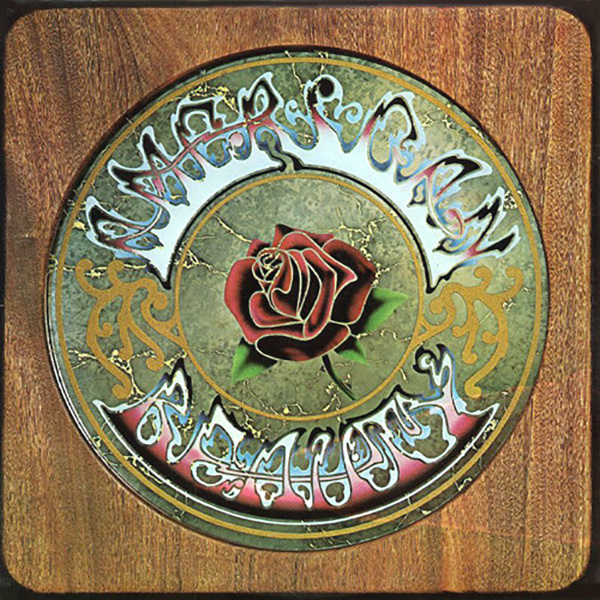
A highwater mark in the Grateful Dead’s studio album catalog, November 1970’s American Beauty offers a blend of folk, country, and rock influenced by the Bakersfield Sound that emerged in California during the 1950s. American Beauty features some of the band’s best-loved songs, including “Ripple,” “Sugar Magnolia,” and “Box of Rain.”
GRATEFUL DEAD
AMERICAN BEAUTY
180g 1LP (Rhino/Warner Bros.)
Side One
1. Box Of Rain
2. Friend Of The Devil
3, Sugar Magnolia
4. Operator
5. Candyman
Side Two
1. Ripple
2. Brokedown Palace
3. Till The Morning Comes
4. Attics Of My Life
5. Truckin’
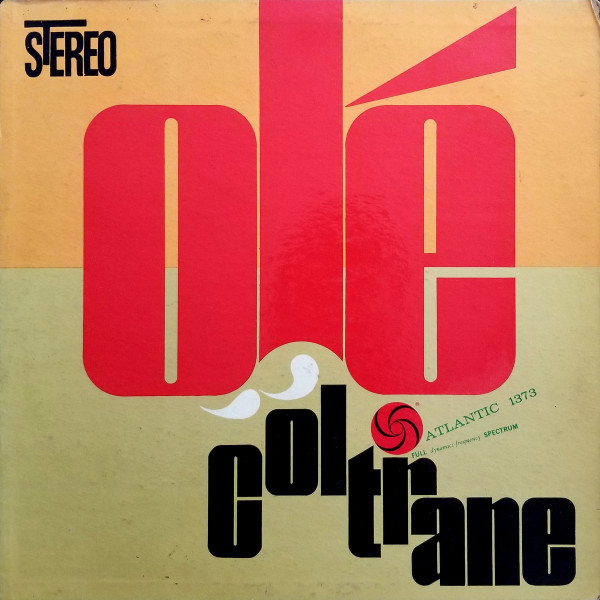
Saxophonist John Coltrane explored modal jazz and world music influences on his November 1961 album, Olé Coltrane. The title track in particular draws inspiration from Spanish and North African musical traditions, while underscoring Coltrane’s continued artistic evolution and boundary-pushing creativity.
JOHN COLTRANE
OLÉ COLTRANE
180g 1LP (Rhino/Atlantic)
Side One
1. Olé
Side Two
1. Dahomey Dance
2. Aisha
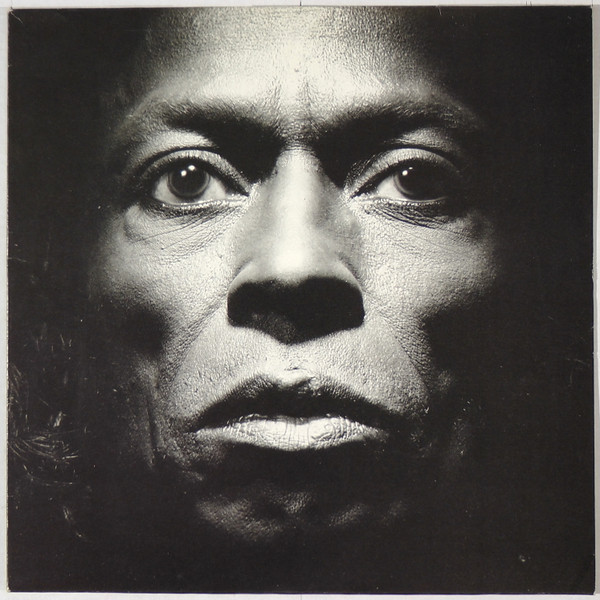
Decades into his brilliant career, Miles Davis added a significant chapter to his already extensive discography in September 1986 with Tutu. Produced by Marcus Miller, Tutu embraced contemporary electronic and fusion sounds, earning Davis a Grammy for Best Jazz Instrumental Performance, Soloist.
MILES DAVIS
TUTU
180g 1LP (Rhino/Warner Bros.)
Side One
1. Tutu
2. Tomaas
3. Portia
4. Splatch
Side Two
1. Backyard Ritual
2. Perfect Way
3. Don’t Lose Your Mind
4. Full Nelson
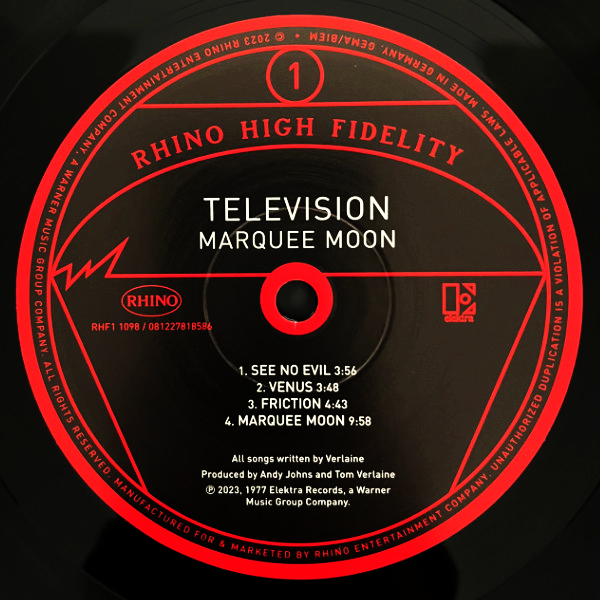
- Log in or register to post comments





